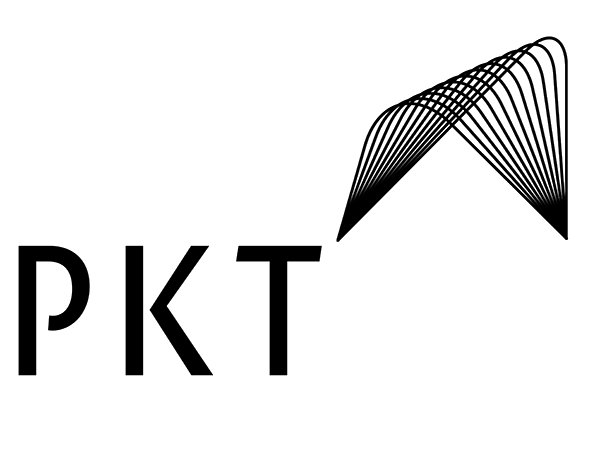
Professional Executive Coaching Solutions for Business Leaders
Are you a business leader who is looking for ways to maximize your potential and reach success? If so, executive coaching may be the solution for you. Professional executive coaching provide a way for leaders to increase their efficiency, communication and impact in their organization. It’s a process that involves assistance from a coaching professional who is qualified in understanding the complexities of the business world. Whether you are looking to tackle problem-solving, decision-making, customer relations, or personnel management, the coaching model can help aid you in achieving your goals.
What Does Executive Coaching Entail?
Executive coaching requires understanding what the executive is trying to achieve in order to develop a customized and effective coaching program. It should focus on the most important areas and help the executive’s growth in those areas. It also requires an exploration of the executive’s communication styles, leadership skills, and strategies. This could be either one-on-one coaching or a team-based approach depending on the organizations requirements.
Benefits of Professional Executive Coaching
There are many benefits of having a professional coach to assist you when making business decisions. The coaching process helps to improve decision-making and problem-solving abilities by focusing on the executive’s strengths and weaknesses in order to develop better communication and negotiation tactics. It also helps to grow a person’s confidence, leadership skills, and self-awareness. Finally, it can provide the executive with an outside perspective by introducing them to new ideas, strategies, and potential solutions.
How to Select a Qualified Executive Coach
If you are looking to make the next step in your career and want to hire an executive coach to help you reach your goals, it is important to know how to select a qualified professional. With the right executive coach, you can make the necessary changes to reach your professional and personal ambition.
Understanding the Benefits of Executive Coaching
The purpose of an executive coach is to help you achieve better results, devise a better strategy and improve job performance and career progression. In addition to this, they can provide emotional support and guidance. An experienced executive coach can offer guidance, focus and tools to help managers and executives develop their leadership capability and become more successful. They can also help with career decisions, networking and connecting with influential contacts, and will be able to assist with measures for establishing short and long-term goals.
Choosing the Right Executive Coach
When selecting an executive coach, you should have a clear understanding of their experience and the areas in which they specialise. Ask the coach questions about the types of approaches they use and the outcomes those approaches have produced for previous clients. They should also be able to demonstrate evidence of their achievements and be able to explain the processes they used to reach those outcomes. It is especially important that the executive coach is comfortable working with you and understands the unique challenges of your role.
In addition, it is important to investigate the coach’s nationality and educational background. This is a good indication of the coach’s level of experience and their understanding of the business environment. It is also important to find out how long they have been coaching and the sort of companies they have worked with in the past.
Getting to Know Your Coach
Once you have reviewed the qualifications, experience and success of the executive coach, it is important that you meet face-to-face to get a feel for the coach’s personality and style. Make sure that you are comfortable discussing personal and professional ambitions and that you open dialogue on the likely dynamics of your executive coaching journey.
It is also important at this stage to ensure that the coach understands your key goals, the limits of your budget and the commitment you are willing to make for the coaching to be successful.
Strategies for Effective Executive Coaching.
Business shift and changing dynamics of the work industry has led to the rise of executive coaching. As the job market changes, so does the need for professional coaching that focuses on communication, problem-solving and team building skills. Executive coaching focuses on aiding business executives to make better decisions, communicate effectively, and build high-performing teams to succeed in their role and achieve personal and professional goals. By engaging in executive coaching, leaders can gain a better understanding of their own strengths and weaknesses and develop strategies to work on them more efficiently.
Achieving Success through Executive Coaching
Executive coaching is an essential tool for any business executive as it provides an environment in which they can have a candid discussion about their current performance and plans for the future. Through one-on-one conversations, professional coaching helps executives gain insight into their approaches to problem-solving and decision making. As open conversations allow executives to fully and confidently express themselves, they are able to develop a better sense of their contribution to their organization and the implications of their decisions on the entire organization.
To maximize the effectiveness of executive coaching, a clear understanding of the executive’s objectives, strengths, and weaknesses should be obtained prior to engaging in the coaching process. By understanding the executive’s needs and desired outcomes for coaching, the coach can more effectively identify key areas and skills to focus on and determine the best way to address them. Executives and their coaches should also be aware of common pitfalls, such as allowing their emotions to inform their decisions, and strategies that can be used to avoid them.
Adopting the Right Approach
When engaging in executive coaching, it is important to identify key objectives, the skills required to achieve them, and attain the desired outcomes. To ensure alignment between the executive and the coach, a clear plan should be created outlining the objectives, goals, and strategies to be followed during the coaching process. It is also important to ensure that the coaching process is tailored to the executive, as individuals are likely to respond differently to different styles of coach. For example, some executives prefer regular check-ins while others require more comprehensive performance reviews.
The goal of executive coaching is to provide executives with the resources, strategies, and guidance to improve their performance, increase their self-awareness, and better manage the stresses of their role. Rather than prescribing a particular approach, executive coaches typically provide guidance to executives through dialogues that allow them to identify their core values and take responsibility for their actions. The important aspect of executive coaching is creating a cohesive and supportive dialogue that leads to meaningful progress and enhanced performance.
Conclusion
The right executive coach can have an incredibly positive impact on your career. By following the steps outlined above, you can ensure that the coach you select is the right fit for you and your organisation, and that you are ready to embark on the path to success.
Talk to us about planning your next Management Retreat
Leadership retreats for executives




